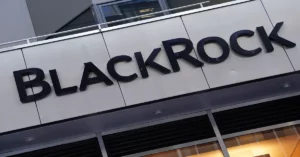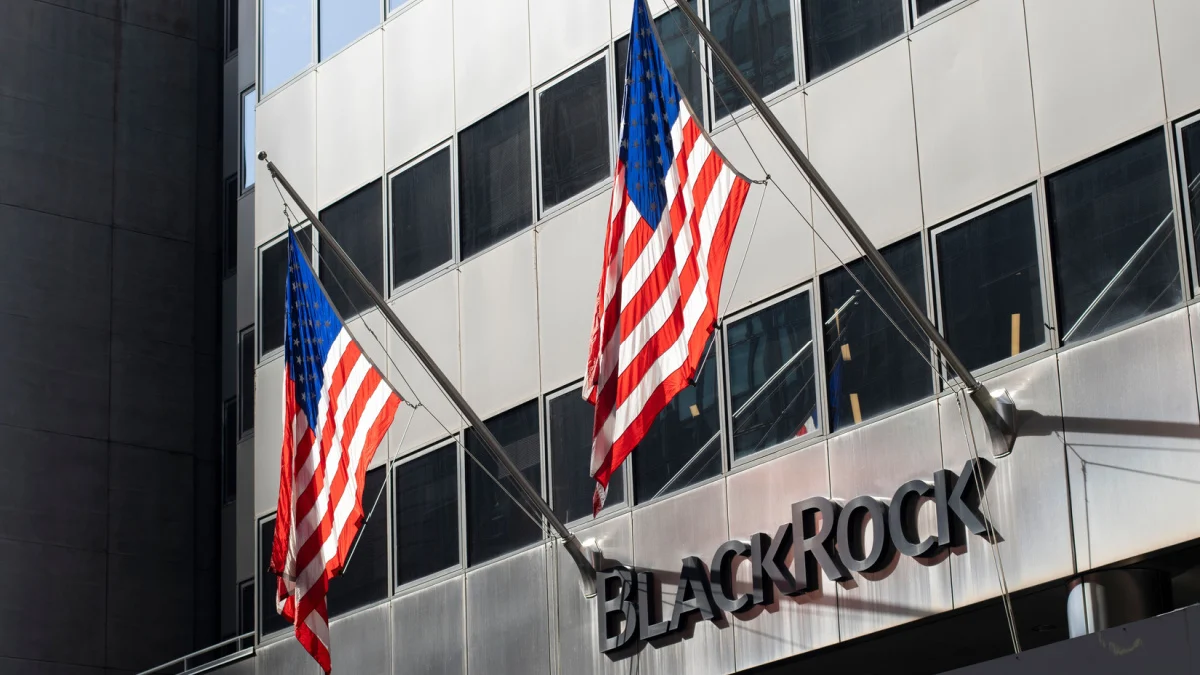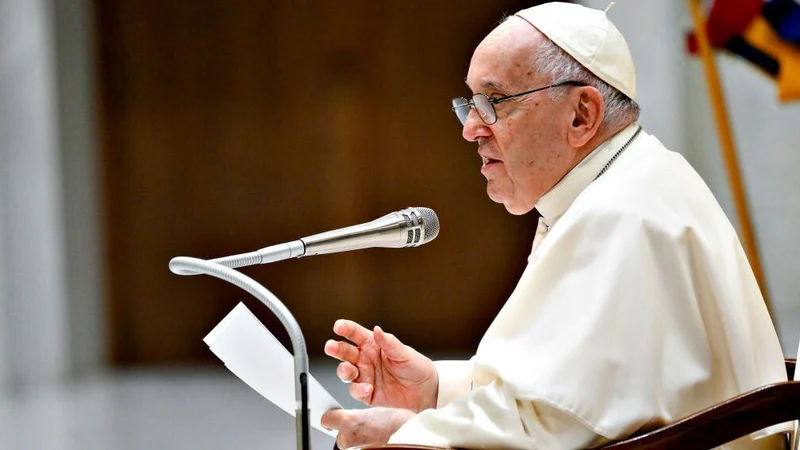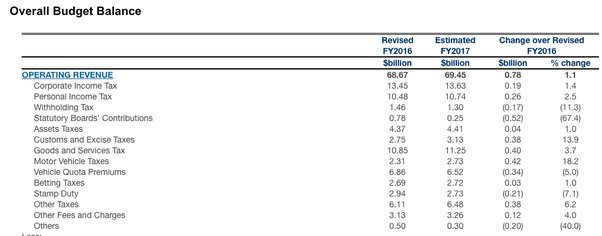XRP Hoax Filing and Its Impact on SEC’s ETF Decisions
XRP Hoax. Some commotion sparked in the crypto world due to a fake filing about BlackRock launching an XRP trust. This caused a sudden price spike in XRP, but it turned out to be a hoax. While this incident might not affect the approval of Bitcoin ETFs by the U.S. Securities and Exchange Commission (SEC), it’s definitely not a good look for the industry, according to experts.

The XRP Filing Drama
Someone tricked the market by posting a fake filing suggesting BlackRock was setting up an “iShares XRP Trust.” XRP’s price jumped up by 12.3% in just 30 minutes before crashing down once people realized it was all a hoax. BlackRock confirmed that the filing was fake, made by someone pretending to be their managing director.
Little Impact on SEC’s Decision
Bloomberg’s ETF analyst, Eric Balchunas, thinks this XRP incident won’t really sway the SEC’s call on Bitcoin ETFs. However, he does point out that it could kind of back up the SEC’s concerns about manipulation in the market.
Expert Opinions
Industry experts are divided. Some, like Michael Bacina from a law firm in Australia, doubt that this one-off incident would delay the ETF decisions that are already in the works. Lucas Kiely, CEO of a wealth management platform, also believes that the SEC won’t let this fake filing affect their judgment.
The SEC’s Stance
The SEC has previously denied spot Bitcoin ETFs because they think the market could be manipulated. This XRP hoax might not really change their perspective on that matter, according to crypto analyst James Edwards.
Possible Impact on ETF Efforts
Unfortunately, incidents like this hoax might make it tougher to launch Bitcoin ETFs in the U.S. The SEC wants to make sure investors are safe from fraud and market manipulation. And these kinds of events don’t really help build confidence in the transparency of crypto markets.
Wrapping Up
The fake XRP trust filing is now being looked into by the Delaware Department of Justice. While it might not directly affect the decisions about Bitcoin ETFs, it does cast a shadow on the industry’s efforts to get these ETFs approved in the U.S.






